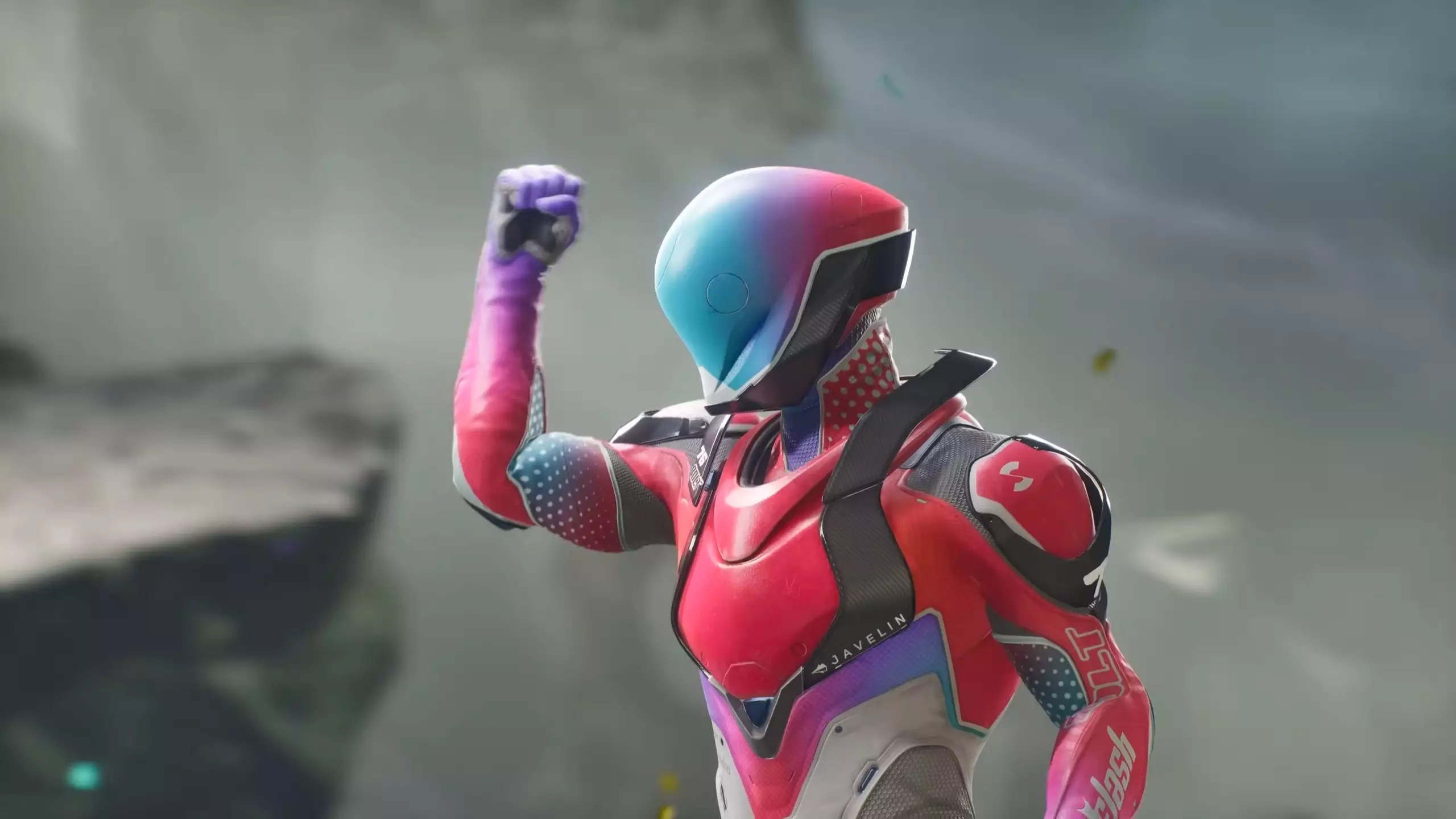In the world of video game development, public relations can often be just as crucial as the game itself. As beloved titles like Splitgate 2 and Borderlands 4 rise on the horizon with promising gameplay mechanics, it seems the visionaries behind these games can be their own worst enemies. The recent spectacle at the Summer Game Fest, courtesy of 1047 Games CEO Ian Proulx and Gearbox head Randy Pitchford, underscores how a poorly executed public appearance can overshadow a project’s potential. Proulx openly berated the competition, while also exclaiming about the greatness of his creation, inadvertently stirring a backlash that turned anticipation into ridicule almost overnight.
The Perils of Arrogance and Self-Contradiction
It’s a classic tale: developers who, while riding a wave of momentum, let their egos get the better of them. Proulx’s comments about “making FPS great again” while simultaneously unveiling a battle royale mode not only mixed genres but also drenched the announcement in irony. The gaming community is notoriously quick to turn against perceived hypocrisy, and in this case, Proulx’s remarks certainly did not sit well with a dedicated fanbase that finds itself at a crossroads. After all, the genre and its evolution often reflect a synthesis of innovation and community desires—a balance that can be violently disrupted by ill-timed rhetoric.
What makes this situation particularly interesting is how swiftly a community can go from supportive to derisive. Through social media platforms like Reddit and Twitter, sentiments shifted within hours. Fans who once heralded Splitgate as a refreshing entry in the FPS arena now vented their dissatisfaction, expressing embarrassment and disappointment at the event. Such a rapid community shift is a testament to the powerful echo chamber of social media, illustrating how a single misstep can magnify a campaign’s flaws and weaknesses, overshadowing its strengths.
The Disconnect Between Developers and Their Audience
In an era where gamers demand transparency and authenticity, the disconnect between developers and their audience becomes ever more critical. Proulx’s presentation, perceived as poorly executed and out of touch, reflects a broader trend in which game developers fail to appreciate the sentiments of their player base. In the past, developers and players shared a symbiotic relationship; now, the tides have turned, often pitting creators against the very communities that once supported them.
The humorous yet cutting posts circulating on platforms highlight a crucial aspect: gamers are vigilant, expecting authenticity and humility from the faces of their favorite game studios. The moment developers like Proulx sow the seeds of divisiveness, they risk alienating a community that sustains them. The laughter and criticism that follow can do lasting damage, but the potential to learn from these interactions is equally valuable. The lesson here extends beyond Splitgate 2; it is a critical moment of reflection not only for 1047 Games but for the gaming industry at large.
From Cringe to Opportunity: The Path Forward
Despite the public relations faux pas, it’s essential to recognize that a backlash doesn’t spell doom for Splitgate 2 or Borderlands 4. In fact, it can be a powerful launchpad for introspection and growth. The current polarization could serve as an opportunity for developers to listen more intently to their communities, to refine their messages, and to engage with players authentically.
Rather than retreating in embarrassment, developers should actively seek feedback, addressing the concerns raised during these public spaces. Incorporating player feedback post-announcement can redefine player relationships, transforming initial disappointment into eventual loyalty. In an age where community-centric design reigns supreme, the ramifications of poor staging can indeed lead to fruitful dialogues concerning player desires and developer ambitions.
While the gaming community is not forgiving of audacious statements and miscalculations, inherent within these missteps lies a chance for growth. The world is watching, poised to judge, but also to support, should developers show they are willing to listen and evolve. It’s not just about crafting a great game; it’s also about ensuring that the conversation around it remains inclusive, engaging, and positive. The future of game marketing could pivot dramatically if developers embrace this ethos, learning from past mistakes rather than letting them define their journeys.


Leave a Reply